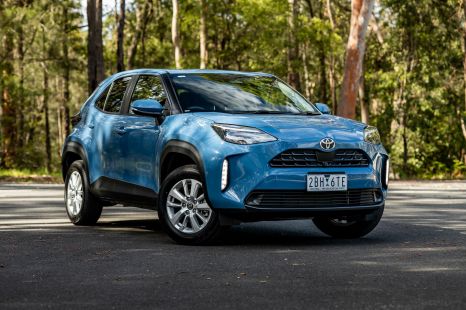

Matt Campbell
2025 Toyota Yaris Cross review
4 Days Ago
Peter Dutton has now pledged to scrap the Fringe Benefits Tax exemption for EVs, after seemingly backing the incentive earlier this week.

News Editor
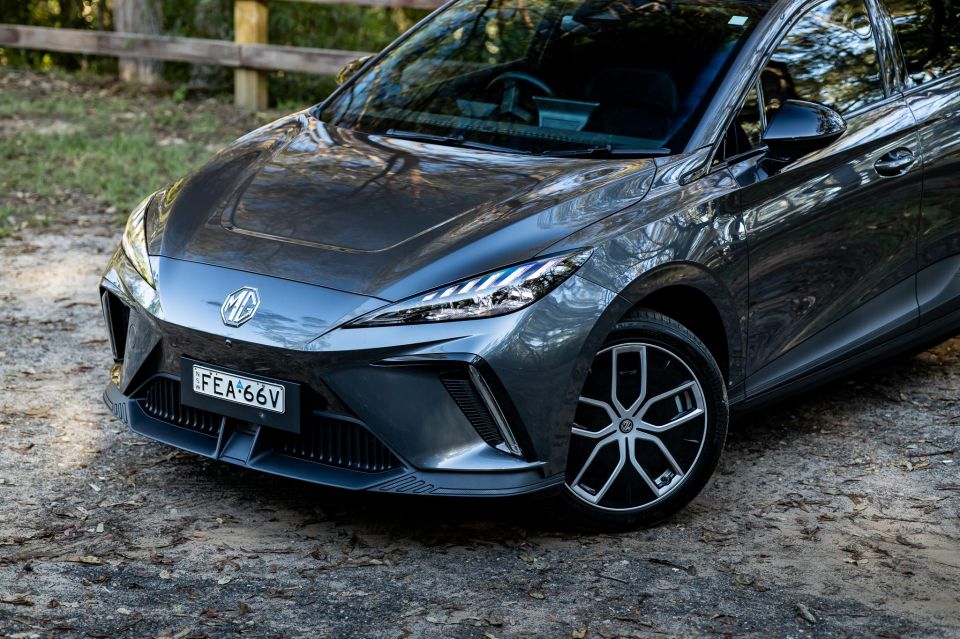

News Editor
After appearing to back electric vehicle (EV) incentives in Australia earlier this week, Opposition Leader Peter Dutton has now vowed to scrap the Fringe Benefits Tax (FBT) exemption scheme introduced by the incumbent Labor government.
“The Coalition will: unwind Labor’s taxpayer-funded and badly designed electric car subsidies, saving upwards of $3 billion over the forward estimates and $23 billion over the medium term,” the Coalition said in a media release.
That’s despite Mr Dutton having said earlier this week that “we don’t have any proposals to change those settings”.
Hundreds of new car deals are available through CarExpert right now. Get the experts on your side and score a great deal. Browse now.
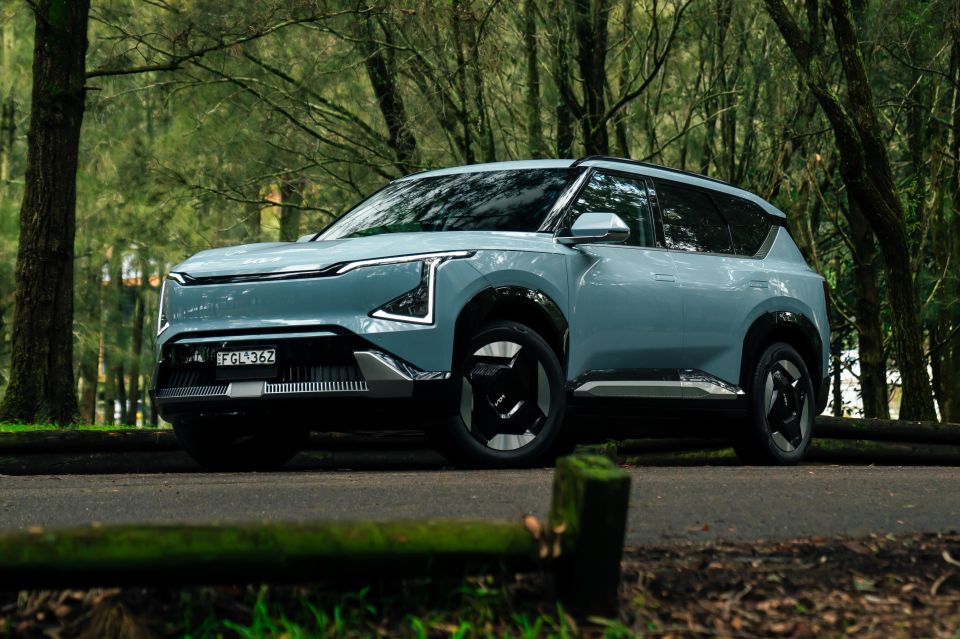
Shadow Treasurer Angus Taylor said this wasn’t a policy backflip, and that instead Mr Dutton had misheard a question during a press conference.
“Our position on this taxpayer funded subsidy has been clear for a long time,” he told the ABC.
“Press conferences have many, many questions asked, often in a raucous environment, and Peter misheard the question.”
While it ended for plug-in hybrid vehicles (PHEVs) on April 1, there remains an FBT exemption for EVs in Australia.
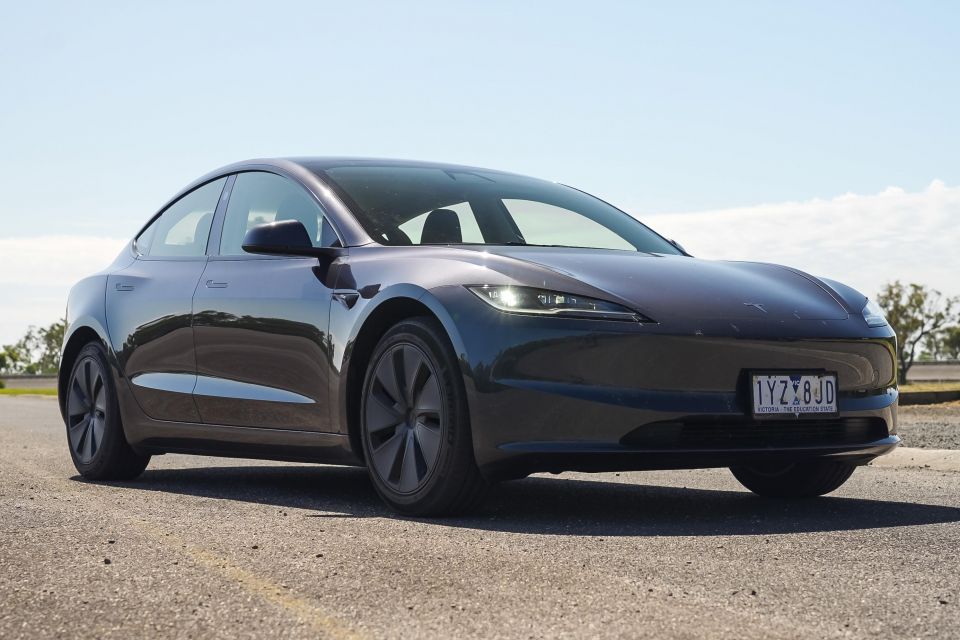
The FBT exemption is available for EVs priced below the Luxury Car Tax (LCT) threshold of $91,387 when bought through a novated lease.
“No, we’ve said that what we’re opposed to is the Government’s big tax on hybrids,” Mr Dutton said earlier this week when asked whether a Coalition government would scrap the FBT exemption for EVs.
“For example, on a Toyota RAV4 almost $10,000 additional people will be paying if Mr Albanese is re-elected, for a Toyota hybrid. It just doesn’t make any sense,” he continued, repeating his criticisms of the New Vehicle Efficiency Standard (NVES) passed by the current government.
“I want people to have choice. If people want to buy an EV, that’s fantastic. If they want to buy a Ford Ranger or a Toyota HiLux or whatever it might be, that is a choice that they should have and the government whacking a new tax on those people who are in the market over the next few years to buy a car.
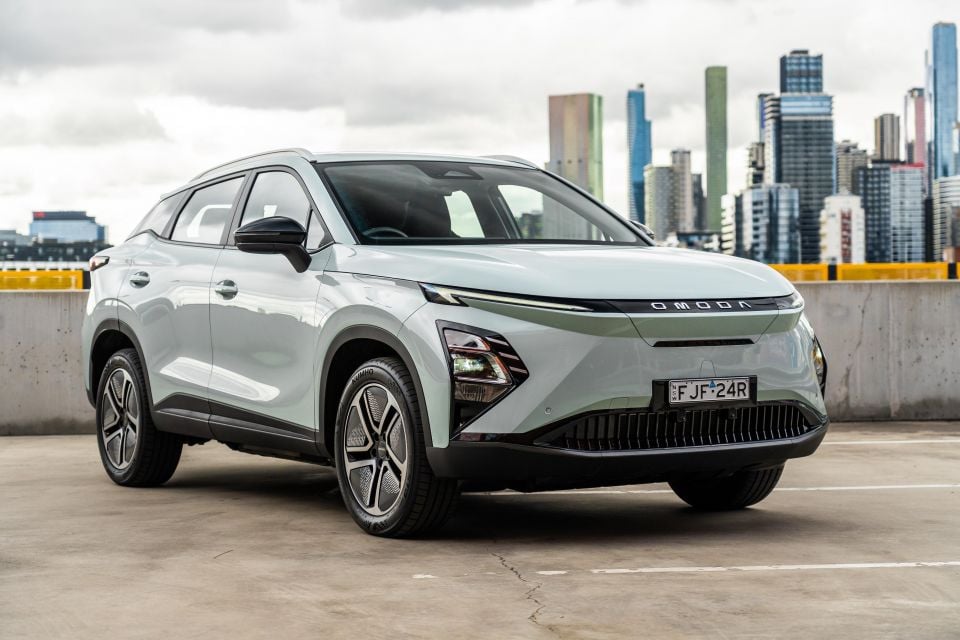
“I think a lot of Australians would be shocked to know that Anthony Albanese is proposing a $14,000 tax on a Ford Ranger, one of the most popular cars in the markets so we don’t have any proposals to change those settings otherwise.”
The Coalition voted against the FBT exemption – called the Electric Car Discount Bill – in parliament back in 2022.
Under the scheme, which is set for review after the May 3 election, the government effectively absorbs the cost of your employer’s FBT bill, which would typically be passed on to you, potentially bringing annual savings of up to five figures.
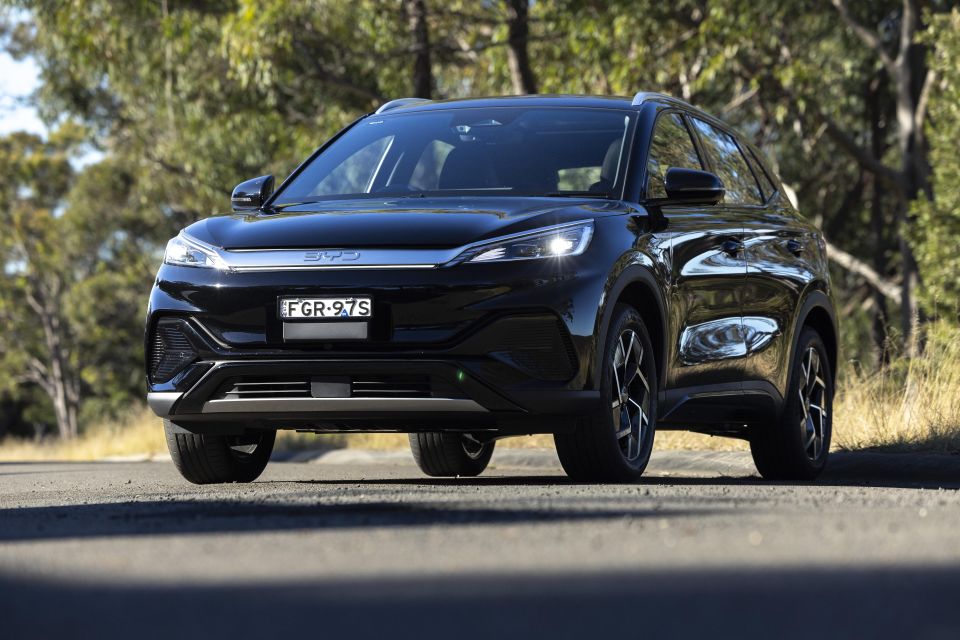
“If the Coalition is indeed scrapping the FBT exemption, after the opposition leader just days ago indicated he didn’t have any proposals to change it, then we are extremely disappointed and confused by this backflip,” said Electric Vehicle Council (EVC) CEO Julie Delvecchio in a statement.
“The FBT exemption is incredibly popular among Australians living in the outer suburbs and helping many Australians across the country afford and manage the upfront cost of an EV – which we know is cheaper to run once you’re behind the wheel.
“If the Coalition wants to make cars cheaper, and driving cheaper during a cost of living crisis, it wouldn’t be removing this discount for Australians.”
National Automotive Leasing and Salary Packaging Association (NALSPA) CEO Rohan Martin has also said he’s “disappointed at the Coalition’s reversal on the commitment from Opposition Leader Peter Dutton on Monday”.

“Most surprisingly such a winding back doesn’t align with the Coalition’s own election pledges – like tax relief through an offset, scrapping the New Vehicle Efficiency Standard penalties to lower upfront car costs, and halving the fuel excise – because the EV FBT exemption successfully delivers on all those fronts,” he added.
“To the contrary, winding back the EV FBT exemption would increase the cost to own and operate a car for the many working Australians seeking to save money and reduce their carbon footprint through owning an electric vehicle.”
Per a report by the Australian Financial Review, the FBT exemption has cost taxpayers 10 times more than initially projected, with the government reportedly losing approximately $564 million in tax revenue annually due to its popularity.
In the time since its introduction, EVs have gone from accounting for 1.8 per cent of new vehicle sales to 7.4 per cent at the end of last year.
Likewise, PHEV sales have also risen, from accounting for less than 1.0 per cent of the new-car market to almost 2.0 per cent.
William Stopford is an automotive journalist based in Brisbane, Australia. William is a Business/Journalism graduate from the Queensland University of Technology who loves to travel, briefly lived in the US, and has a particular interest in the American car industry.


Matt Campbell
4 Days Ago
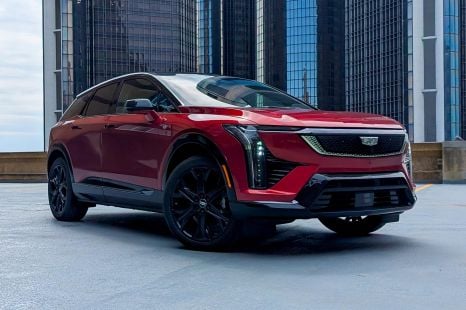

William Stopford
3 Days Ago
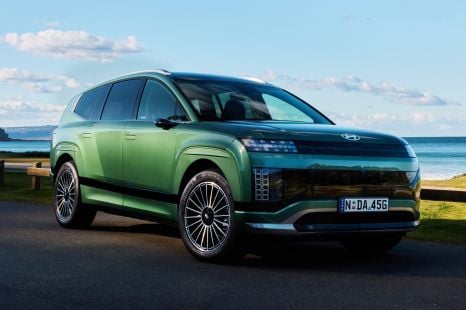

Josh Nevett
2 Days Ago
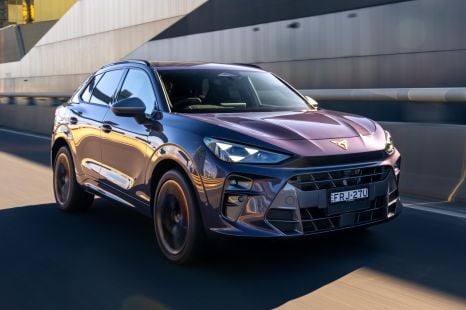

James Wong
2 Days Ago
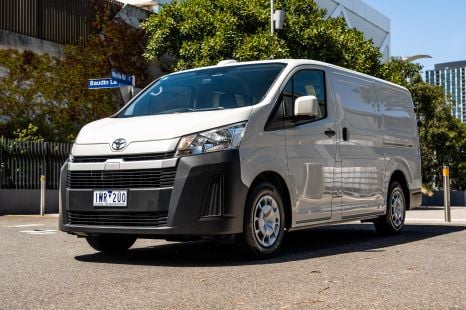

Max Davies
1 Day Ago
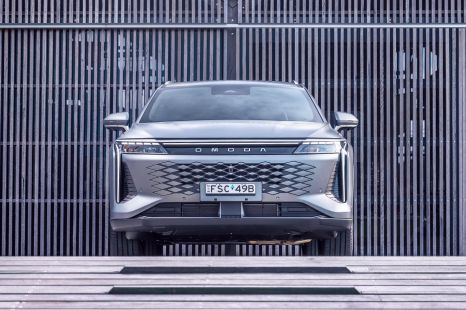

Damion Smy
19 Hours Ago